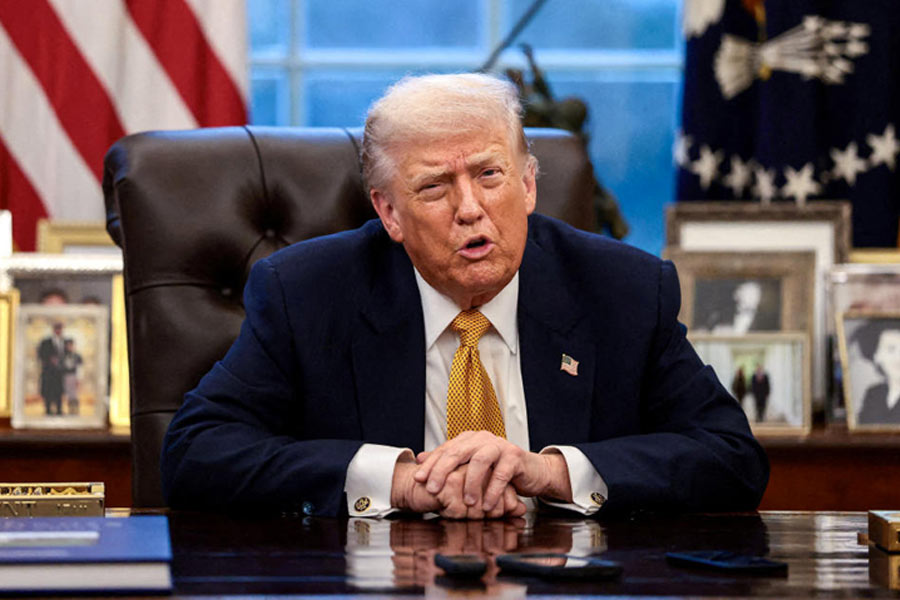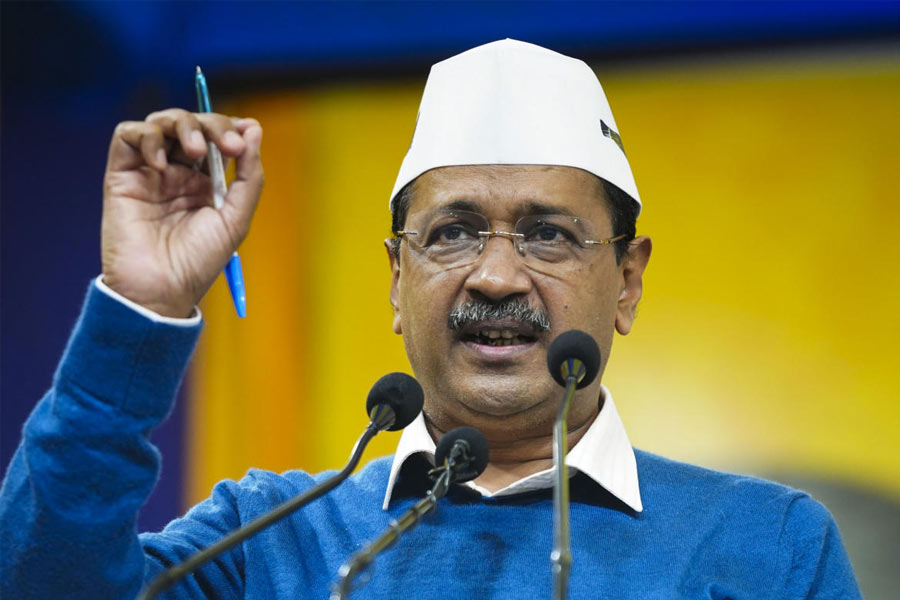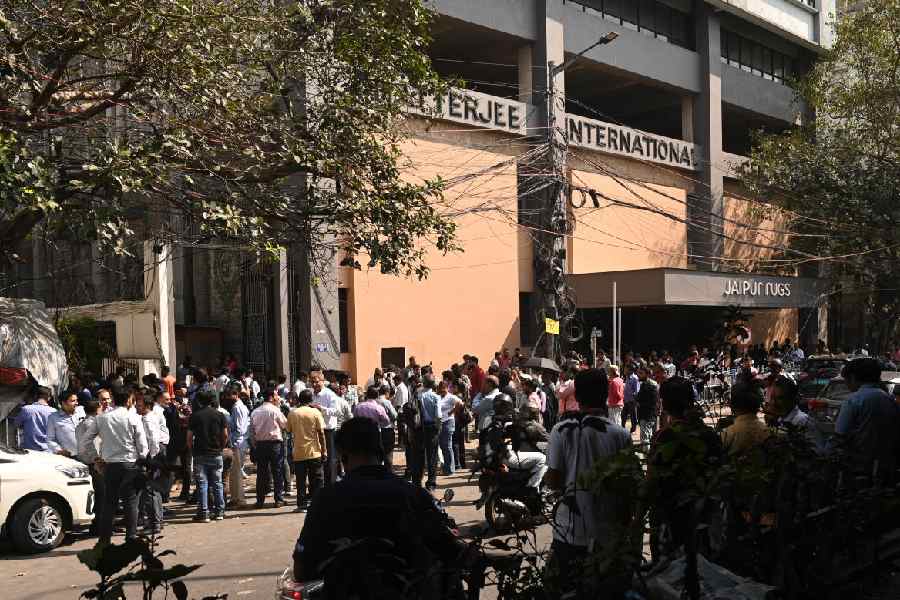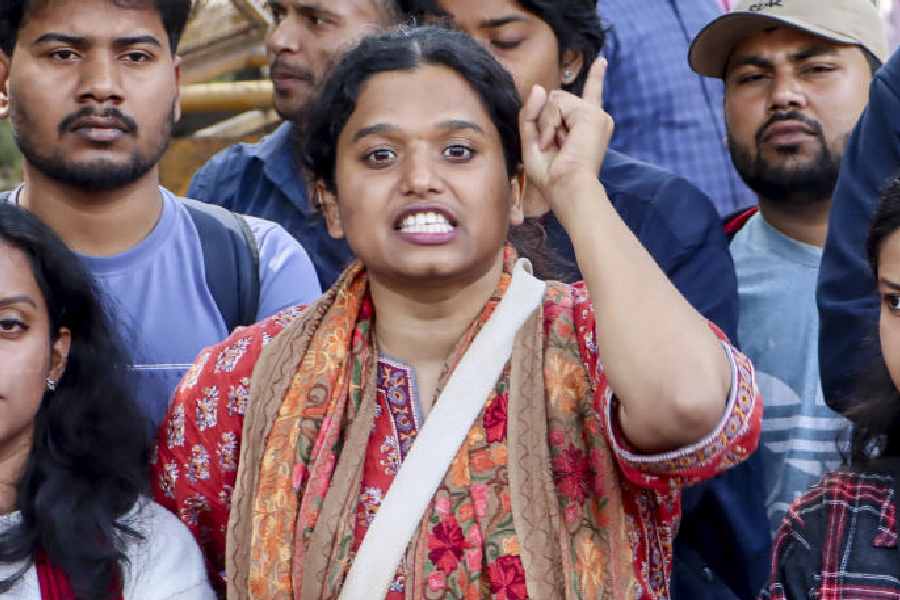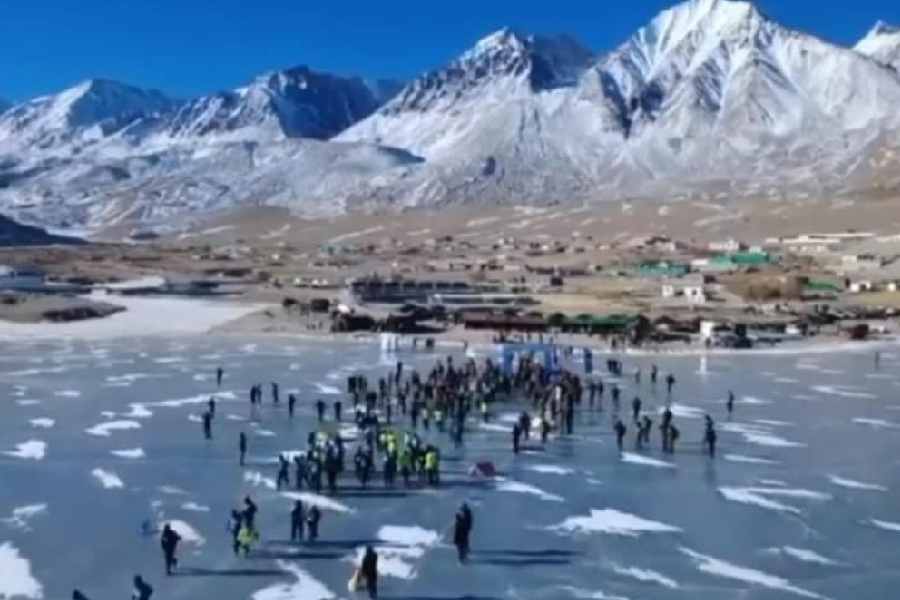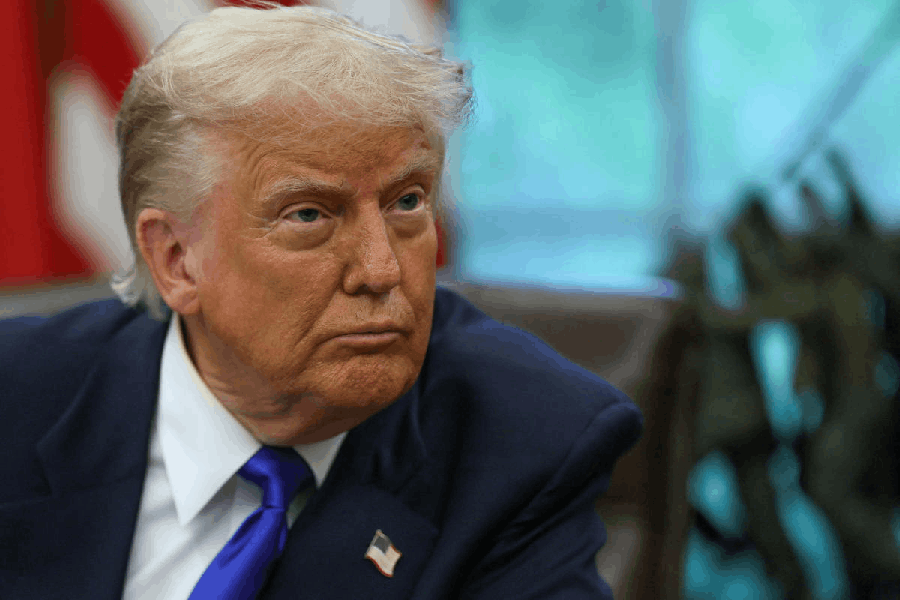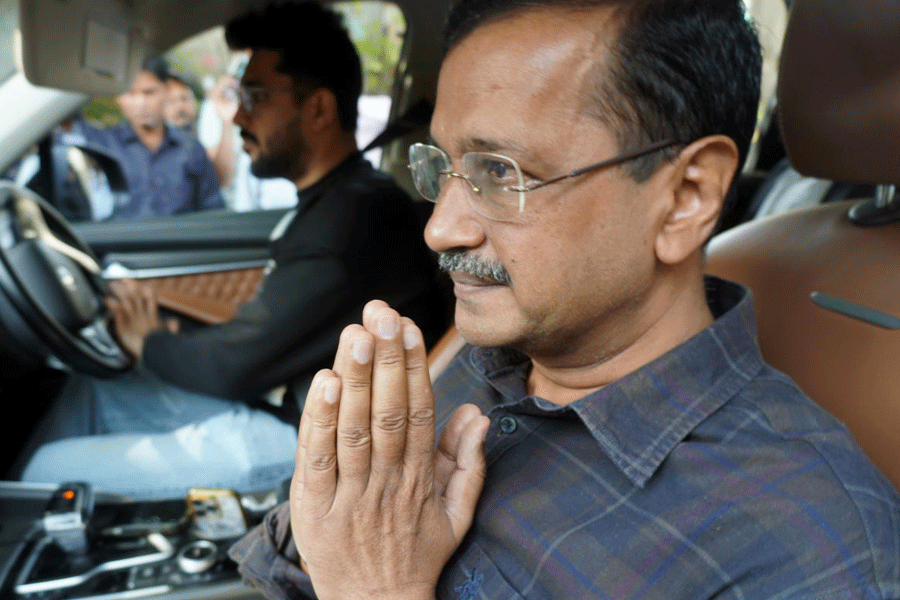 |
| Manmohan Singh and George W Bush embrace at the White House. (PTI) |
Washington/ New York, Sept. 26: It was a parting gift from India’s Prime Minister to a US President who will demit office in three months and 25 days.
“The people of India deeply love you,” Manmohan Singh told George W. Bush yesterday in the White House Oval Office nearly half an hour into their two hours and 20 minutes farewell meeting and day before the Prime Minister’s birthday.
“And when history is written, I think it will be recorded that President George W. Bush played a historic role in bringing our two democracies closer to each other,” Singh assured Bush on a day when the US President badly needed someone to tell him that he was, indeed, loved somewhere by someone.
The Prime Minister’s soothing words demonstrably cheered up Bush on one the worst days for him in office when Washington Mutual collapsed in the largest bank failure in US history and his fellow Republicans on Capitol Hill revolted against the President over his proposals to bail out a Wall Street in crisis.
The Prime Minister was visibly emotional when he told Bush: “So, Mr President, this may be my last visit to you during your presidency, and let me say that thank you very much.”
Singh acknowledged that “in the last four-and-a-half years that I have been Prime Minister, I have been the recipient of your generosity, your affection, your friendship. It means a lot to me and to the people of India.”
Foreign secretary Shivshankar Menon, who later interpreted the meeting to reporters acknowledged that there was “something of a valedictory tone” to the exchanges between Singh and Bush.
The Prime Minister’s declaration that Indians “deeply” loved Bush drew subdued gasps from some of the Indian reporters who were in the Oval Office.
Menon was asked later for the “factual basis” on which the Prime Minister made this sweeping declaration. The foreign secretary said that “if you look at the public opinion polls, the ratings for President Bush are higher in India than in any other country. That is the factual basis”.
Other officials said the Prime Minister’s remarks were extempore and that they had neither been discussed among his aides or assessed for any fallout back home.
Bush later unburdened himself to Singh at a small dinner in the “old family dining room” at the White House.
Menon acknowledged that the President confided to Singh that in the deep depths of the US financial crisis “the one person that he (Bush) wanted to spend time with was the Prime Minister for his calming and serene effect. But it really was quite a remarkable conversation between these two leaders”, the foreign secretary said.
Bush, in his remarks to the media, just stopped short of acknowledging that Singh had staked his government and his political legacy on befriending America. “You and I have worked hard to change the relationship between our countries.… It is in the US interest to have a good, strong strategic relationship with India. And we (Singh and Bush) have worked hard to achieve that.”
Bush added that “I will never forget my visit to your country, Mr Prime Minister. It is — I remember telling my friends when I got back what an exciting place India is”.
If Bush intended to acknowledge and reciprocate Singh’s parting gift with a birthday gift from the White House for the Prime Minister with the nuclear deal package today, it did not appear to be happening in a hurry.
The leader of the Democrats in the Senate, Harry Reid, said this morning that his chamber of the US legislature is expected to discuss and approve the nuclear deal on the Senate floor only next week.
Later, it emerged that an “anonymous” Senator had put a “hold” on the legislation, which means it cannot proceed until the objection is lifted.
Confirming that the Senate will not adjourn today as previously scheduled for the November election, Reid said: “It appears quite evident that we are going to be in session next week. There are a lot of things that haven’t been done and I will mention just a couple of them.… We have the Indian nuclear agreement. I had a number of conversations with secretary and President Bush on this issue.”
He was referring to secretary of state Condoleezza Rice, who has been constantly on the phone with legislators and persuaded nuclear deal opponent, chairman of the House of Representatives foreign affairs committee, Howard Berman, to drop a version of the deal package that would have killed it.
Berman has now moved a resolution that is largely a copy of the Senate's version, acceptable to supporters of the deal. That legislation is expected to be voted on in the House of Representatives later today.
It was clear from the guest list at last night’s White House dinner that it was not all sentimentality and nostalgia. Vice-President Dick Cheney, often referred to as the real President of the US, partook of the meal.
So did Susan Schwab, the US trade representative, signalling talks on the World Trade Organisation’s Doha round of trade negotiations and Margaret Spellings, the education secretary.
Singh said last night that India and the US “have taken new initiative in the field of education. We have today a new architecture of bringing the academic communities of our two countries, a new scheme of the Fulbright-Nehru Scholarship will unite the intellectual communities of our two countries in a manner which gives me immense satisfaction.”


